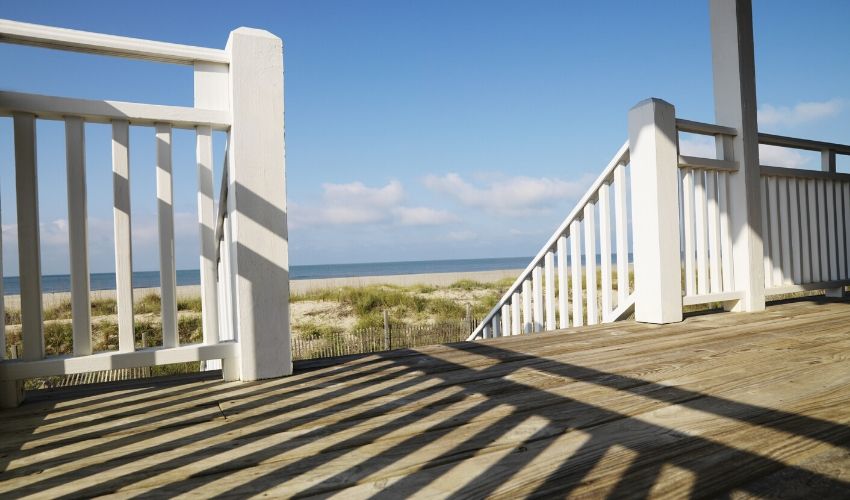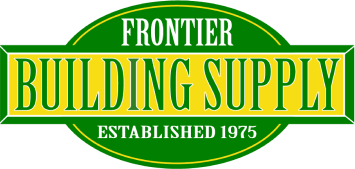
How to Install Deck Railing Posts
Sturdy posts are crucial for a safe, secure deck. Installing posts properly does not have to be difficult, but it does have to be done carefully to ensure a firm railing on a deck you can enjoy for years.
The Importance of Posts
Posts are the base of support for your deck railing. No matter what the size of the deck or how it will be used, the posts must be solidly secured so they can not only hold up the railing and provide a firm handhold around the deck, but they should also be able to…
- Support being leaned against or pushed on
- Secure built-in seating or storage if desired
- Hold up railing plant pots, decorative lights, or other accents
Because your plans for your deck may change over the years, it is best to have the strongest, sturdiest posts possible so they will always be able to meet your needs without requiring adjustments or rebuilding.
Before You Begin
Even if you have installed deck railing posts in the past, it is important to research current building codes and deck construction regulations. Codes can and do change over time, and structure ordinances can dictate just how railing posts should be attached for the best strength and security. These guidelines can also vary depending on the deck size and height, as well as whether it is a commercial or residential property. Look for restrictions regarding not only post fasteners and anchoring, but also post height, spacing, and materials to be sure your are installing compliant posts. This is especially critical if you should sell the property in the future, as a non-compliant deck could make the difference between an easy sale or necessary and expensive changes before a buyer may commit.
Installing Deck Railing Posts
The exact fasteners and installation for deck railing posts will vary based on local guidelines as well as the deck’s overall construction, but the general procedure is the same. Once you are ready to install the posts…
- Choose the best possible materials for deck posts. Wood posts are the most common and economical, but be sure the wood is strong without cracks or splintering that can make the railing less stable.
- Measure the deck railing carefully and plan the post spacing, marking where each post is to be located. If you opt to follow code guidelines precisely, you may have uneven posts on the ends of the deck, or you could space posts evenly at closer than required intervals to create a more uniform look.
- Attach the posts as required by local guidelines, using the strongest available fasteners. Placing posts inside the frame is generally the strongest and sturdiest option, though some codes may require blocking between joists depending on the deck’s overall size and construction.
- Use firm clamps to hold posts steady while bolting them in place. This will keep the spacing even and the posts at the proper angle. Check and double-check the angle as you bolt to avoid any mishaps or misalignment.
- Tighten the bolts well to secure the posts in place. You may want to retighten the bolts after 2-4 weeks as they could naturally loosen as the deck is initially used. Post bolts should also be checked regularly – at least seasonally – to be sure they remain firm and tight.
- Install boards around the posts if necessary to finish the deck surface. Leave slight gaps around the posts to accommodate any natural settling of the structure or swelling of materials in different seasons so the posts are not pushed out of alignment by rubbing or increased pressure.
- Add post caps to complete the look of your deck posts. While caps are optional and will depend on the style of your deck and the type of railing the posts hold, they can keep water from seeping in to the posts and swelling the wood. Solar, copper, iron, aluminum, and wood caps of many different styles are available and can give a refined and stylish look to any deck.
Once your deck railing posts are secure, you’re ready to move on the installing your railing and other finishing steps to complete your deck and make it a fabulous outdoor living space.
